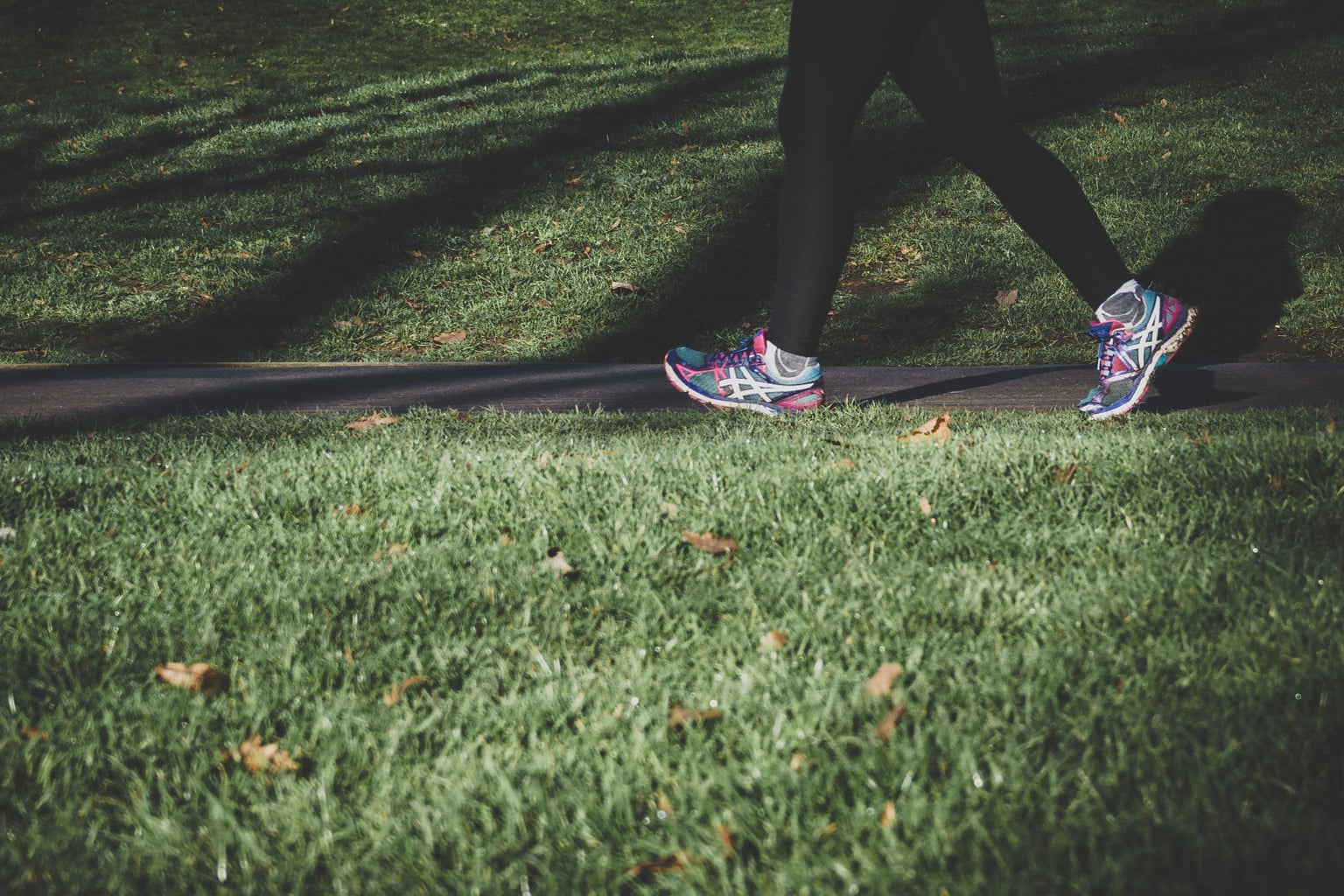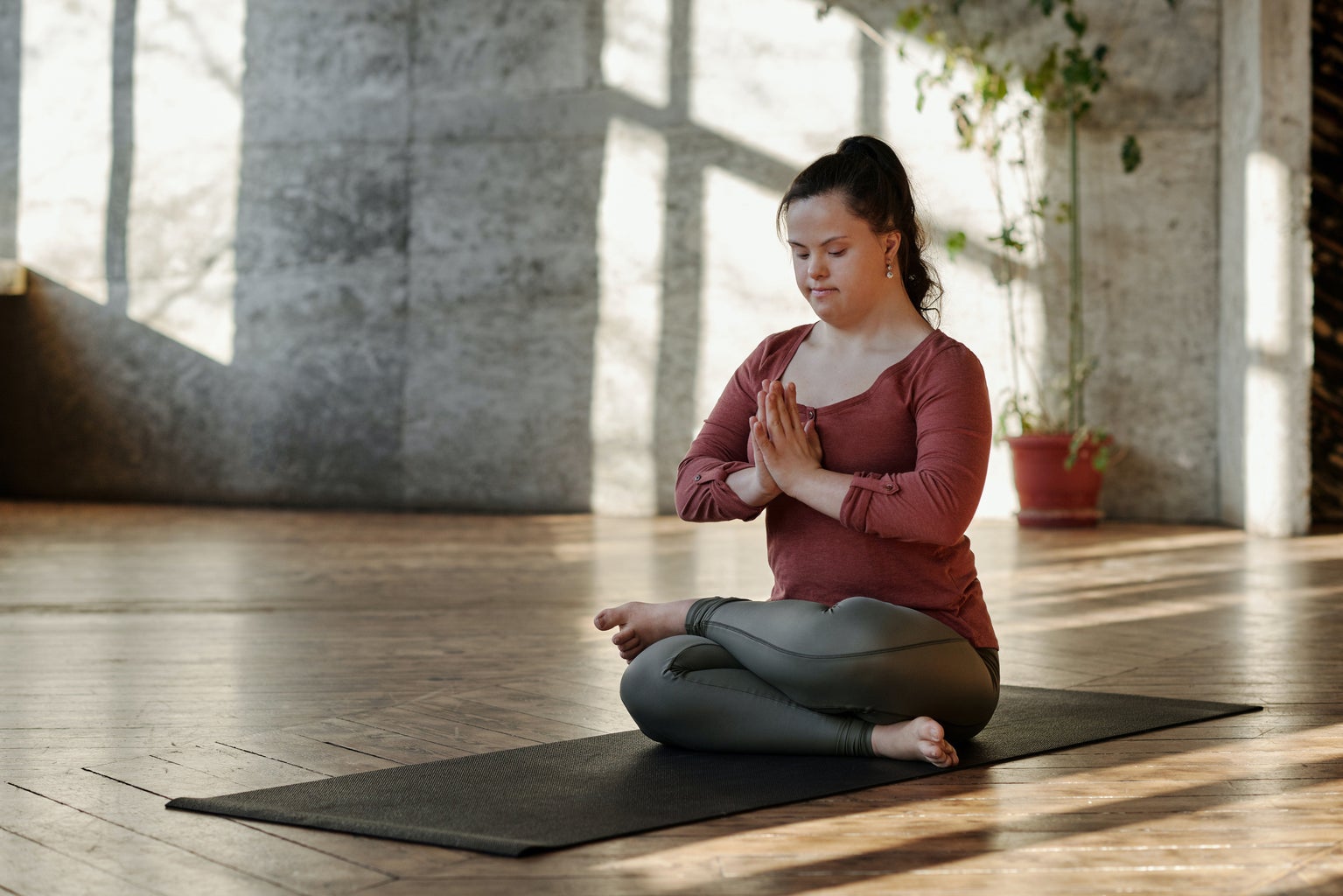It’s finally spring which means we have brighter, sunnier days ahead! I don’t know about you, but 2024 is my self-connection year. Influencers and wellness writers have been jumping on the self-love bandwagon for decades, but recently I’ve found self-connection to be more of a long-term goal.
Love and care are fluff words in the realm of identity and are often hard to understand, but connection runs much deeper. It teaches us to be in tune with our bodies and to accept that it’s okay to not always be in love with ourselves. It is through self-connection that we recognize and understand how and what we feel, giving us the space to take the necessary steps to heal or relax.
Here are five simple things you can do to harvest self-connection this spring!
1. Go on “hot girl walks”
Walking is fun and sexy… there I said it. There is something empowering about grabbing your keys and headphones and stepping outdoors for a ten-minute or hour-long walk. Yes, I know the weather has been a bit all over the place recently, but spring is coming nonetheless, calling to put your shoes on and walk amongst the blooming trees, emerging animals, and cool breeze.
Walking is a great source of dopamine and fitness. According to the Mental Health Foundation, “Even a short burst of 10 minutes of brisk walking increases our mental alertness, energy and positive mood” and has helped countless people reduce stress.
Walking is also fairly beneficial because it keeps your blood flowing and your heart pumping. For those unenthusiastic about fitness (like yours truly), walking is a great way to improve your cardiovascular health.
While these benefits have been proven time and time again, a lot of wellness sources fail to recognize how impactful walking is to one’s identity. Last spring and summer, I went on a walk almost every evening. During this, I’d play my favourite music, take breathers at parks, and explore my little neighbourhood. I was practically taking myself on a date every night.
These walks forced me to slow down, listen to my body, and evaluate my feelings. Throughout that spring and summer break, I became more comfortable alone and connected with who I am on a much deeper level.
So, get out there and go for a walk like the hot girl you are!
2. Track your energy and mood
Sometimes words are not helpful. Either because they don’t come to you or you just can’t be bothered to try. Believe me, it’s completely normal!
Journaling has been a huge fad for a while now. CNET writes, “Journaling is any form of patterned writing that helps you get words on paper. It looks different for everyone, but typically, it’s a daily entry in a notebook or journal about anything from thoughts and ideas to activities.”
Whether you currently journal, haven’t tried, or are envious of those who do, just know that journaling can be pretty intimidating. We’ve been conditioned to believe that our writing has to have a specific voice or should be ‘good’ in order to be valid. With journaling, this is not the case. But these old habits are hard to break.
That’s why I propose feeling or energy tracking. Consisting of a single word, this form of tracking is simple and eases you into a more lengthy journaling process. For example, if you’re feeling angry on a particular day, write the date at the top and write a simple angry underneath. By doing this consistently, you’ll find yourself wanting to write more. Perhaps you describe why you’re angry or how the anger turned into acceptance. Before you know it, you’ve begun journaling!
Not only is this a great way to connect with how you’re feeling, but it’s also a vital method for tracking your healing or self-connection process. You’re able to notice patterns and, therefore, understand how you specifically process emotions and events in your life. Better Health describes moods as “useful” because “they are a big part of how you choose to behave and think.”
It’s important to connect with what emotions you feel and why you feel them — validate yourself, make yourself feel seen, and maybe start tracking your moods.
3. Go places that scare you
Though comforting, living in fear can hold you back from some incredible experiences. In my third year of university, a professor of mine tasked the class with going to a physical space we wouldn’t typically go to. And that’s exactly what I’m asking you to do, too.
I’m not saying that you have to go down a dark alley at 2 a.m. Instead, try something simple with less potential to put you in danger. This could mean entering a store in the mall that you wouldn’t normally enter, going to a busy park on your own, or trying a different coffee shop. Exploring these new places breaks the comfort bubble you’ve given yourself and immerses your body in new experiences.
Guideposts says stepping outside of your comfort zone may improve your mental health, help you make new friends, disconnect you from the monotony of daily life, and boost creativity. Essentially, it brings in new people and new hobbies with which you can better understand yourself.
Do you have a place in mind? It might be time to schedule that self-date in your calendar.
4. Try some meditation
I know it’s a bit cliché, but meditation really is at the core of self-connection. In its simplest form, meditation is the Vedic practice of awareness which works to relax the body and clear the mind.
In many meditative practices, you sit and lie down in a comfortable position while focusing on something specific. For example, this could be your breath or the vibration in your fingertips. Regardless of where your attention is, meditation works to bring you back to the present moment and be more observant of how you feel, where you feel it, and why.
There are some great resources for meditation, including Spotify podcasts or Headspace, which lead you through guided meditations that are only five, 10, or 15 minutes long. The topics vary, too. Some are for sleeping, while others are for stress or anxiety, and so on.
Meditating is a necessary self-connection habit. So if you can find the time to scroll through TikTok or Instagram, you also have the time to do a quick meditation.
5. Talk to yourself
Now, I understand that there’s a general unspoken rule that we should not talk to ourselves in public. But why, exactly? Does it make us look crazy? Yes. Does it make us seem unapproachable? Probably. But that’s the beauty of self-connection — we start to put ourselves first and not care what others think.
I talk to myself all the time. The topics range. I talk about my plan for the day or things I notice around me. Sometimes I work through problems and conflicts out loud before I act on them. Essentially, talking to myself helps me visualize myself as a real person — a best friend.
There are two sides to “self-talk,” though. You could choose to be uplifting, using words of encouragement like Great job! or Let’s try again, or you could use this tool to be self-deprecating. I understand that it’s easy to be your biggest critic, but you want to treat self-talk as you would treat conversing with another living human being.
You want to uplift them, motivate them, and be loyal to them. Of course, you also want to keep it real, but there are kind and empowering ways of doing that. You wouldn’t tell your friends that they make everything worse, would you? So why do it to yourself?
By having a healthy talk with yourself, you’ll be able to uncover the way your mind works and find comfort in knowing that you’ve got your own back. And that’s all that you need at the end of the day.
Here’s hoping that these suggestions will help you better understand who you are this season! Be kind to yourself, this is the only life you have, and you’re just doing the best you can. Happy spring!







